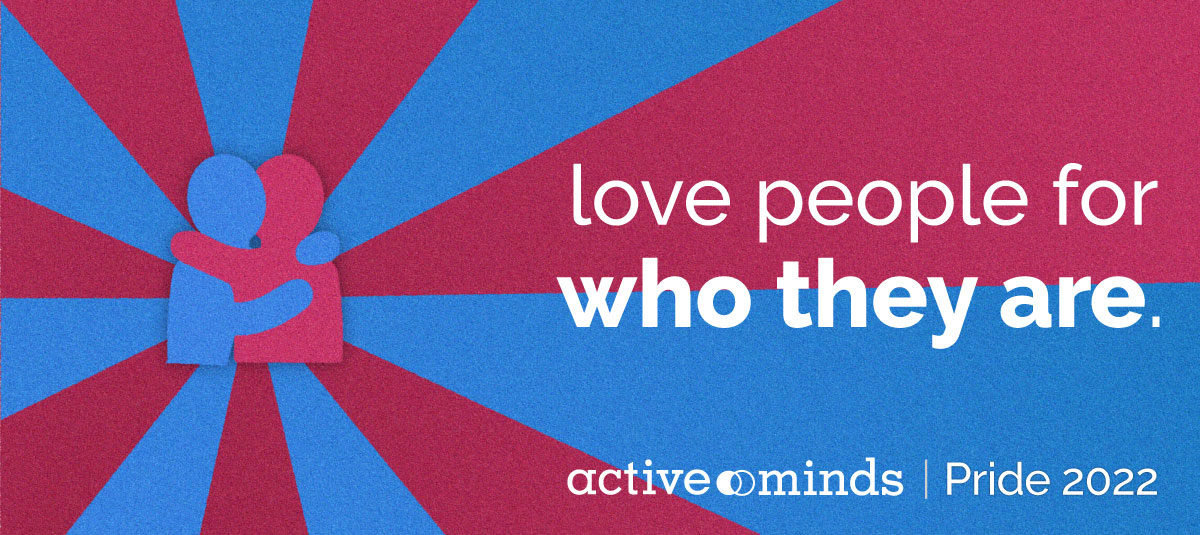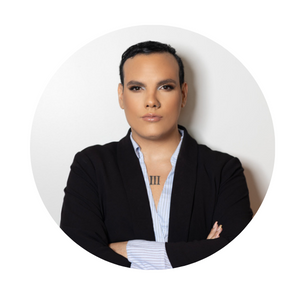Content Warning: This piece contains mentions of suicide statistics.
Pride Month is a time when many organizations and communities show their support for the lesbian, gay, bisexual, transgender, and queer (LGBTQ+) community in hopes of creating a culture that is more accepting, welcoming, and inclusive. What started as a result of the Stonewall Riots in 1969, is now a celebration of what makes each of us unique, and the power that love and acceptance can have. However, despite it now being over fifty years since the Stonewall Riots, the public opinion and awareness of LGBTQ+ issues have continued to be in flux, and many LGBTQ people continue to experience discrimination in 2022.
Recent targeting of LGBTQ+ youth has included trying to ban trans youth from sports, censoring discussions of gender and sexuality in schools, and even making it a felony for parents to seek gender-affirming care for their trans child. If we continue to legislate anti-LGBTQ+ hate in our communities, we will see the consequences.
We know that according to The Trevor Project’s 2022 National Survey on LGBTQ Youth Mental Health, 50% of LGBTQ teens between the ages of 13 and 17 seriously considered attempting suicide in the past year. And 18% made a suicide attempt, double the average rate of suicide attempts among US teens at 9%.
This data is concerning, and many may be left wondering, what can we, as individuals, do to help support LGBTQ+ youth? The answer is clear: according to a report from The Trevor Project, “LGBTQ youth who felt high social support from their family reported attempting suicide at less than half the rate of those who felt low or moderate social support.” We show up, whether we are friends, family, or chosen family, and support those around us. It may at first feel difficult to be there for someone experiencing something as damaging as discrimination or exclusion based on their identity, but through three simple steps, we can make a lasting difference.
So, want to change an LGBTQ+ individual’s life? Start here:
Validate and believe them when they tell you who they are.
I know that there is a sense of grief that comes when a child comes out. As a queer person, I also felt a sense of grief when I realized I wasn’t going to be the kind of son my mother imagined having. She was worried that the world would be harder for me as a Latinx gender-nonconforming queer man. Despite her lack of understanding, she never questioned my true identity. It wasn’t a phase and her willingness to believe me when I told her who I was made all the difference. Remember that sexuality and gender identity are fluid and people can fall on different parts of the spectrum as they continue to discover more about themselves.
Love and affirm every aspect of who they are.
Whether we’re a family member, friend, colleague, classmate, or peer, we can play a role in affirming those around us. Loving someone for each aspect of themselves gives them the space they need to be authentically themselves without fear of rejection, exile, or violence. The world is already difficult, but you can lessen the difficulty your queer or trans loved one experiences by loving them and being someone who protects and defends their human rights.
Explore online resources shared by organizations dedicated to the safety and well-being of LGBTQ+ individuals.
I am a diversity, equity, and inclusion professional, who majored in women’s and gender studies in college, and have lived as an openly queer man for 16 years and even I sometimes stumble on language. LGBTQ+ people have always been a part of our society and the increased visibility of our experiences over the last few decades has shifted the way we think and talk about LGBTQ+ people. You are going to make mistakes, whether you unintentionally mess up someone’s pronouns, or conflate gender identity with sexuality. But with so many resources available online, you have to commit to doing the work of learning and supporting LGBTQ youth.
In many states around the country, state legislators are drafting legislation to dehumanize and silence LGBTQ+ people. The mission of Active Minds is to change the conversation about mental health–– which requires us to send silence packing and end the stigma. But with some states banning discussions about gender, sexuality, and other LGBTQ-related topics, we are unable to talk about real aspects of life that are affecting mental health and overall well-being on a broad scale. To learn more about current anti-LGBTQ legislation, visit the ACLU’s webpage for Legislation Affecting LGBTQ Rights Across the Country. We must stand for a world that is just and equitable for all – the impact of forced silence will damage young people who are marginalized because of their sexuality and gender identity. A mentally healthy world is not possible without a just world.




